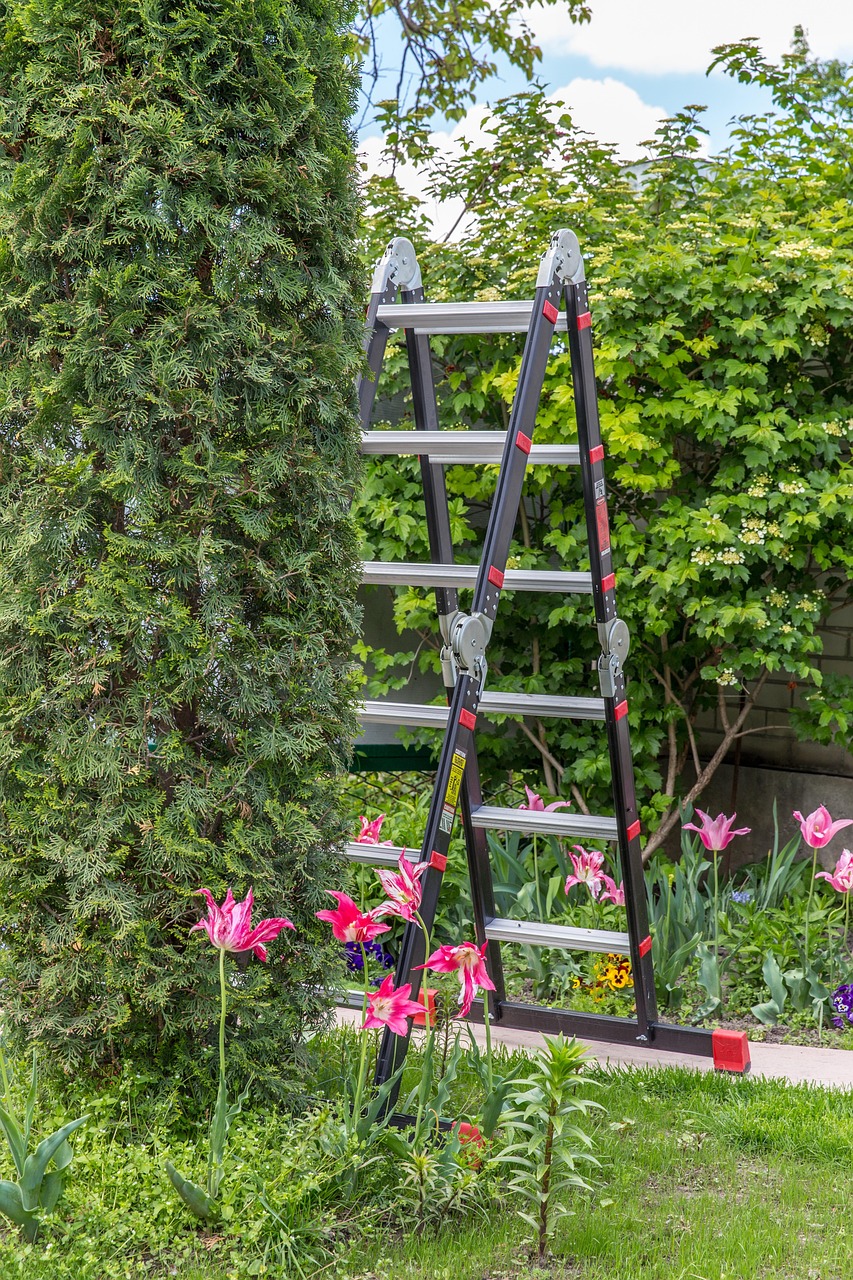




High Risk Injuries for Gardeners and Groundskeepers
How To Claim Compensation If An Injury Was Not Your Fault
As physically demanding professions, there are high risk injuries for gardeners and groundskeepers while working. The nature of their work involves heavy lifting, exposure to sharp tools, repetitive movements, and working in diverse weather conditions.
When injuries occur due to employer negligence or unsafe working conditions, affected workers may be entitled to compensation. This is if you were injured through no fault of your own.
If you would like to find out more, Jefferies Claims can help. We partner with experienced lawyers who work on a ‘No Win, No Fee’ basis.
Common High Risk Injuries
Lawn mowers and hedge trimmers can cause some of the most serious injuries. However other garden tools, such as chainsaws or gardening shears can also be hazards in a garden. Musculoskeletal damage may also occur with activities such as digging and cutting.
Lawn Mower Injuries
The most dangerous injury from a lawn mower is traumatic amputation, where fingers, hands, toes, or feet are severed due to contact with the mower’s spinning blades. These injuries may occur when:
- Operators attempt to clear a blockage while the mower is still running.
- Feet slip under the mower deck, especially on slopes or uneven terrain.
- Someone accidentally falls in front of or under a ride-on mower.
Other severe lawn mower injuries include:
- Deep Lacerations – Blades can cause deep cuts, leading to excessive blood loss and nerve damage.
- Projectile Injuries – Mowers can launch rocks, sticks, or metal debris at high speeds. This has potential to cause eye injuries, skull fractures, or puncture wounds.
- Burns – The engine and exhaust get extremely hot, leading to severe burns if accidentally touched.
- Crush Injuries – Ride-on mowers can tip over and trap or crush the operator. This may result in broken bones, internal injuries, or even suffocation.
- Electrical or Fire Hazards – Faulty wiring in electric mowers or fuel leaks in petrol mowers can cause electrocution or explosions.
Safety protocols such as wearing protective gear and ensuring the motor off before clearing blades can reduce the risk of injury.
Hedge Trimmer Injuries
Hedge trimmers, especially motorised ones, pose serious risks if not handled correctly. The most dangerous injuries from hedge trimmers include:
- Severe Lacerations and Amputations – The fast-moving blades can cause deep cuts or even sever fingers if mishandled.
- Eye Injuries – Flying debris such as twigs, leaves, or small branches can be flicked into eyes.
- Electric Shock – If a hedge trimmer’s power cable is accidentally cut, the user may suffer an electric shock. This is a risk particularly damp conditions.
- Muscle Strain and Fatigue – Extended use of heavy trimmers can result in muscle fatigue, increasing the likelihood of dropping the tool or losing control.
- Falls from Heights – Using hedge trimmers on ladders or unstable surfaces can lead to falls, causing broken bones or head injuries.
Workers should always use protective gloves, safety goggles, and sturdy footwear while operating hedge trimmers. Regular maintenance and proper training are also essential in preventing injuries.
Other Common Injuries
Gardeners and groundskeepers face other numerous hazards that can result in injuries ranging from minor cuts to severe long-term conditions. The most common injuries include:
Musculoskeletal Injuries
Due to the repetitive nature of gardening tasks such as digging, pruning, and lifting heavy objects, musculoskeletal disorders (MSDs) are prevalent. Common issues include back strain and shoulder and wrist injuries from raking or trimming. Knee pain from prolonged kneeling without protective support.
Slips, Trips, and Falls
Outdoor work environments often have uneven terrain, wet surfaces, and obstacles that can lead to slips, trips, and falls. Causes can include muddy or wet pathways, or exposed tree roorts or garden hoses.. Another danger are unsecured ladders or scaffolding when pruning tall trees.
Chemical Exposure
Gardeners are often required to use pesticides, fertilisers, and other chemicals. These can cause skin irritation, respiratory issues, or poisoning if handled improperly. Risks include inhaling toxic fumes from pesticides and accidental skin burns. Furthermore. lomg term exposure to harmful chemicals may lead to chronic illnesses.
Hearing Injuries
Prolonged use of loud equipment such as lawnmowers, strimmers, and chainsaws can lead to hearing loss if protective earwear is not used.
Heat Exhaustion and Hypothermia
Working outdoors in extreme weather conditions poses a risk of heat exhaustion in summer and hypothermia in winter. Symptoms of heat exhaustion include dizziness, nausea, and dehydration. Alternatively prolonged exposure to cold can cause numbness and frostbite.
How To Claim For Compensation
Employers have a legal duty to provide a safe working environment for their workers. If you sustain an injury at work due to unsafe conditions or employer negligence, you may be eligible to claim compensation.
This typically includes an injury due to a lack of proper safety measures, training or equipment. You would have to show that your injury was directly as a result of the negligence.
It is important to gather your medical treatment and costs. Additionally, photos of the accident scene or faulty equipment and witness statements from colleagues or bystanders will strengthen your evidence.
The amount of compensation depends on various factors. This includes the severity of the injury, your medical costs, lost earnings and pain and suffering.
A personal injury lawyer can assess your potential claim on a ‘No Win, No Fee’ basis. Reaching out to a trusted claims company can make a significant difference. At Jefferies Claims, will ensure you receive all the support you need. Call us at 0333 358 3034 or visit Jefferies Claims Contact Page to learn more.
